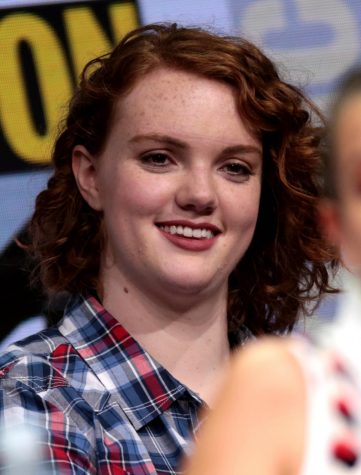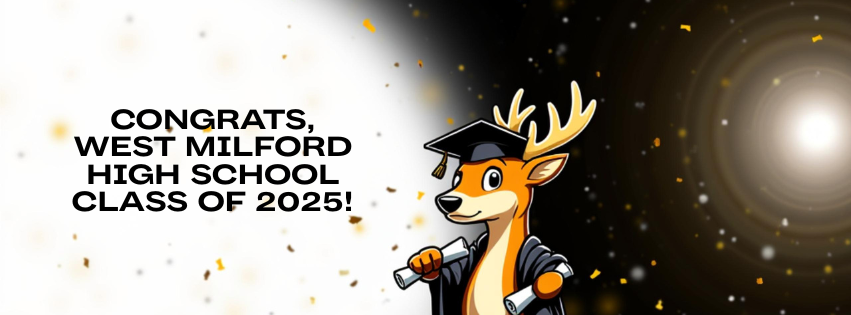“Sierra Burgess” loses out
Antiquated in its literary origins and antiquated in its stereotypes and cliched plot, “Sierra Burgess is a Loser” lacked the common functions of modern teenage life and drama to be a successful romantic comedy. Sierra Burgess is a high school senior, insecure of her body, but quite secure in her personality. With such an exposition, one would expect the movie to be transformative; to show Sierra Burgess grow and become more secure with herself through the normal plot of a romantic comedy. Perhaps she makes new friends, falls in love, and triumphs through the third-act problem.
Such is not the case. There is no doubt “Sierra Burgess” is a transformative tale. Just not the way you’re thinking. Sierra Burgess is initially shown to the audience as a quirky and beloved character. She tries to embrace herself, she is intelligent, and her relationship with her zany best friend all combine to establish the strong foundation of a RomCom.
At this point, it is important to note that “Sierra Burgess” is a modern take on the age-old “Cyrano de Bergerac,” of which the plot is very simple: a man, Cyrano, with an “ugly” nose, falls in love with a beautiful woman and woos her with passionate love letters, all while the woman mistakenly believes her paramour is Cyrano’s more handsome friend. Where the adaptation mainly differs between the inspiration is that the gender roles are swapped: Sierra adopts the role of Cyrano. Where the movie initially fails is that the plot revolves around Sierra catfishing her love interest, Jaimey, rather than writing love letters.
Now back to my main point: “Sierra Burgess” is not transformative in that Sierra grows, but rather Sierra regresses and abandons her unique personality. While this sort of regression is characteristic of the Cyrano retelling, “Sierra Burgess” lacks the necessary reconciliation at the story’s closing and is downtrodden by the glossing-over of key plot points and problematic occurrences.
When cute boy Jaimey asks school bully Veronica for her phone number, she gives him Sierra’s phone number. This action is meant to be humiliating and embarrassing, yet the basis of the film is Sierra catfishing Jaimey when he texts her. This flawed foundation, though, seems unavoidable. What other method could there be to adapt the Cyrano tale than with modern technology like texting? In this way, “Sierra Burgess” is set up for failure.
Other issues present themselves as the story continues: a lack of development for the only character who is a person of color, Sierra nonconsensually kissing Jaimey when he thinks he’s kissing Veronica, Sierra’s guidance counselor being critically unsupportive, and Sierra reuniting with her friends despite failing to apologize for her betrayal.
But what I truly found most problematic needs some exposition. When Sierra begins to develop romantic feelings for Jaimey after he mistakenly texts her, she employs Veronica’s help to maintain the ruse. Sierra tutors Veronica and Veronica pretends to be Sierra. When Veronica kisses Jaimey, Sierra stoops lower on the moral scale and, out of anger, hacks Veronica’s social media and posts an embarrassing photo of Veronica for all of her twenty thousand followers to see.
This is the worst offense, in my opinion. Sierra cyberbullies Veronica, and in true romcom fashion, they reconcile by the film’s end. But Sierra does never apologizes for harassing Veronica despite the friendship they have developed. Sierra blames her actions on her body insecurity and further diminishes the status of the movie. Why confine a whole demographic of people? Being insecure is no excuse for hurting others. In this way, the film’s tagline of “just be you,” is trodden over. The premise of the movie is for Sierra to be confident in her body and accept herself, not only does she fail to do this after she cyberbullies Veronica, but she tries to make her body responsible for her reprehensible actions.
In this way, “Sierra Burgess” is does follow a character arc. Sierra relinquishes her initial self-confidence, her convictions, and her commitment to being herself. She abandoned her moral high ground and actually bullied someone who had no defense.
Perhaps “Sierra Burgess” was doomed to fail. It is a take on an outdated classic that, in all honesty, has questionable motives for maintaining romance. Pretending to be someone else? Lying? While Sierra Burgess is not a loser, she is not a good person.


